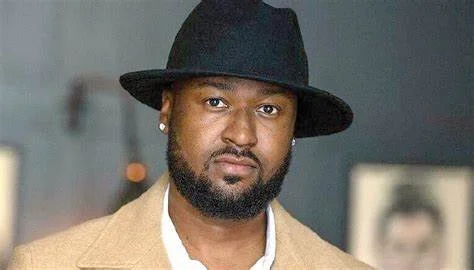Charles Onyeabor Sparks Debate on Language and Intelligence in Africa
Nigerian musician and cultural advocate Charles Onyeabor has ignited a thought-provoking conversation about the importance of indigenous languages in Africa and the flawed perception that equates English proficiency with intelligence.
In a powerful statement, Onyeabor challenged the societal mindset that places English fluency above cultural heritage, urging Africans to embrace their native languages as an essential part of their identity.
“Perfect English is not a mark of intelligence; it’s a mark of linguistic ability. We Africans were programmed to believe that the more you speak better English, it then means you are intelligent.”
The Misplaced Priorities of Language Perception
Onyeabor further emphasized the irony in how language is perceived in Africa versus other parts of the world.
“Go to France; they do not give a damn about English or any other language. Even Italians don’t care about any other language but theirs.”
He pointed out that while foreigners are praised for attempting to speak African languages, Africans themselves are often ridiculed for not speaking English perfectly.
“In Nigeria, you will hear people say things like, ‘He/she can’t even speak good English,’ as an insult. But it should be the other way round—people should start saying things like, ‘You can’t even speak your language.’”
Opinion: Time to Rethink Our Cultural Priorities
Onyeabor’s statement raises an important cultural question: Why do many Africans feel embarrassed about speaking their native languages?
For centuries, colonialism and globalization have conditioned African societies to prioritize foreign languages over indigenous ones. Yet, many developed nations—including France, China, Japan, and Germany—prioritize their native languages without feeling inferior.
While English proficiency is undeniably valuable in today’s global world, it should never come at the cost of one’s native language and identity.
Africans must stop measuring intelligence by English fluency and instead take pride in their mother tongues. Schools, media, and cultural institutions should promote indigenous languages to ensure they thrive for future generations.
What do you think?
Should African countries prioritize indigenous languages in education and daily communication? Or is English fluency still the most important skill? Let’s discuss! 🌍🗣️🔥








